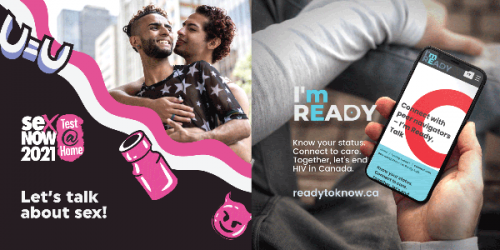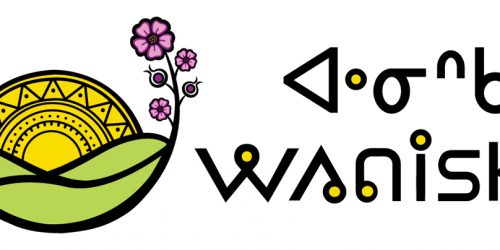Talking about hepatitis C with immigrants and newcomers to Canada
July 7, 2021 • By Fozia TanveerIn Canada, one in three people affected by hepatitis C was born outside of the country. Hepatitis C prevalence among Canadian immigrants and newcomers is double the overall Canadian prevalence. Research also shows that immigrants and newcomers experience worse health outcomes from viral hepatitis and liver cancer when compared to the Canadian-born population, including higher rates of hepatocellular carcinoma and mortality rates from viral hepatitis and liver cancer that are two to four times higher. Talking to Canadian immigrants about hepatitis C becomes very important given the fact that they are a population at risk of disease.






